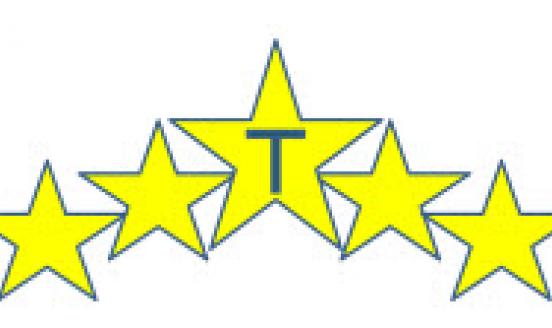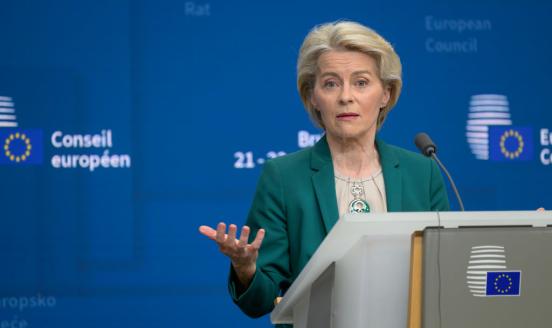Bruegel’s commitment to transparency: the think tank as fish tank, not gas tank
Understanding who funds think tanks, and to what end, is an important part of maintaining the reputation our sector has for independence. It is also
Once again Bruegel has been awarded Five Stars by Transparify for the transparency of its funding (which is available to the public through our website and Annual Report). Since Transparify’s assessment last year, there has been a significant overall improvement in the global think tank sector towards sharing funding sources with the public. We welcome this development, as the level of transparency in our sector affects the reputation of us all.
Understanding who funds think tanks, and to what end, is an important part of maintaining the reputation our sector has for independence. Even think tanks motivated by a particular political stance, doctrine or dogma benefit from transparency and the opportunity to demonstrate sufficient independence from their funders. After all, they also want to be able to present evidence-based policy suggestions and instigate legitimate and productive debate. It is, therefore, appropriate to mention that there is so much more than can and should be done to increase transparency in our sector and thereby demonstrating sufficient independence to take a legitimate role in the policy-making process.
Understanding where funding comes from is a good start, but only a start. It is also just as important to know what that funding is intended to achieve. Being transparent about governance structures and funding arrangements directed at anything other than core funding should also be disclosed to the public. As a voter and a member of the public, I would naturally want to know for what certain funders were paying, should I be at all skeptical of their motivation. If funder or think tank is unwilling to share this information, both should reflect on why – the public certainly will!
Whilst money ‘makes the world go around’ we should also recognise that it’s not the only motivation in life. Being transparent about funding and spending is not sufficient to be convincing in one’s aspiration to be a public good. We must also be transparent about what motivates our researchers: their own political leanings, their nationalities, the other parties they work with and any other relevant motivating factors. It’s no longer enough for think tanks to say “Trust me, I’m smart”. We must allow the public to make the judgment of how trustworthy we are and indeed, how smart! (Bruegel has researchers and managers make annual public declarations of outside interests covering a number of areas, as well as having them agree to a statement of integrity.)
In Bruegel’s approach to transparency, we accompany these declarations with a more sophisticated conversation on independence. When we are transparent about who funds us, for what and to what extent; when we are transparent about what motivates us as a group and individuals, we can begin a conversation about independence that acknowledges we cannot remain in an ivory tower and expect to produce ideas that will work. We should (and do) converse with funders and other stakeholders. We should engage with policy makers, academics, markets and civil society. We can also, in the digital world, more easily enter dialogues with the public. But all that should be done from the exposure of a fish tank, rather than the gas tank, so you, our consumer, can see everything that’s going on.



